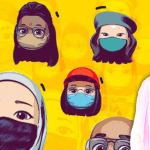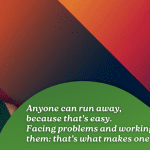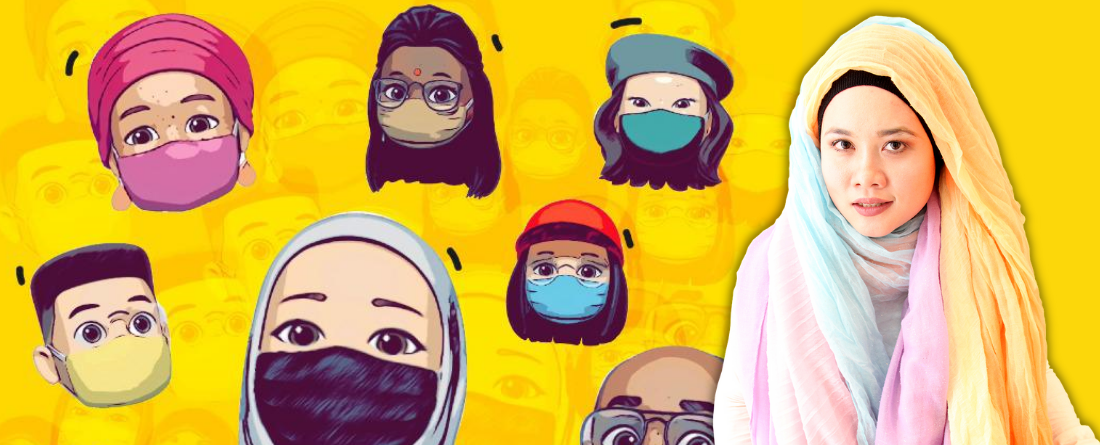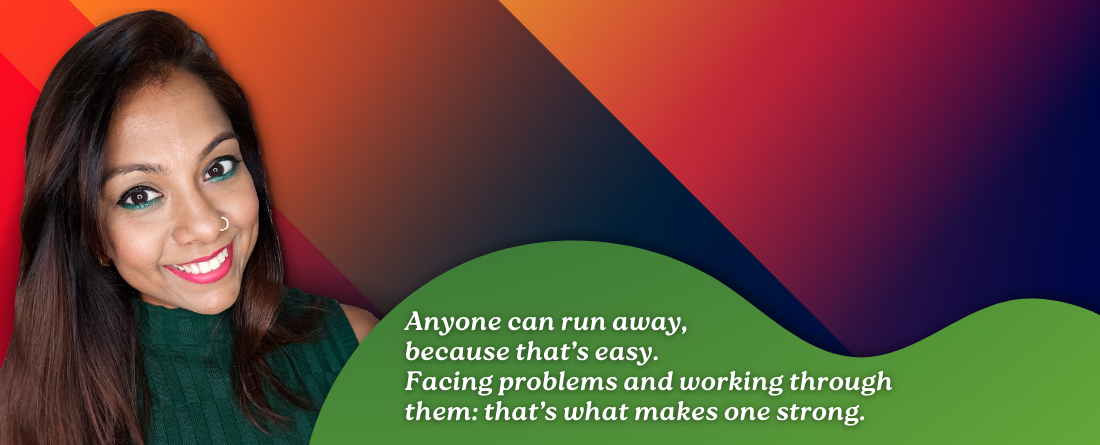Those lucky enough to keep earning their wages are suffering from burnout due to increasingly stressful work-from-home conditions. But those troubles pale in comparison to the seemingly endless burden borne by doctors, nurses, ambulance drivers, undertakers, and other healthcare workers everywhere in the country.
The news that bombards us each day is grim. Children turn into orphans when their parents succumb to the virus, businesses big and small are shutting down, families are going hungry, millions are losing their livelihoods, and many more are feeling increasingly isolated, hopeless, and depressed. Seeing no way out, 468 people took their own lives between January and May this year.
But let’s not dismiss the strength of the human spirit just yet. One pilot began selling burgers when he could no longer fly for a living, while thousands of others began taking their businesses online, or signing up as gig workers on freelance work platforms like GoGet, Fiverr or Workana. Then there is also the strength of our Kita Jaga Kita spirit. Malaysians are a generous lot, and many are going the extra mile to help the less fortunate, either individually or through local organisations, charity groups, food banks, or soup kitchens.
Among them are wonderful people from the OUM community, including Bachelor and Master of English Studies graduate Ashok Kumar Dharamdass, who spends his retirement days helping out in community kitchens in Ipoh, and Bachelor of Islamic Studies graduate Zarinna Abu Zarin, who leads the Negeri Sembilan Alumni Association in its many charitable missions around Seremban.
Taiping Learning Centre has also taken the initiative to reach out to the needy. Working together with Kelab Kebajikan Kasih Ihsan Malaysia, the centre recently distributed care packages to 24 single mothers, disabled individuals and the elderly around Taiping. Learning Centre director Nooraini Youp, along with her staff, put together packages of dry goods and basic necessities including rice, sugar, and milk. Nooraini says the effort is OUM’s way of easing the suffering of the needy during these difficult times.
So, what about the rest of us? How are we coping? If we can give a relatively positive answer to that question, then let’s ask ourselves this: what can we do to help?
Charities like Pertiwi Soup Kitchen, FreeMakan.com, Hunger Hurts, The Lost Food Project, and Projek Rakyat Kenyang are all welcoming donations online, and there many others that would also appreciate monetary contribution. Better still, we should identify needy individuals and families in our own neighbourhoods and help them directly.
Politics, race, religion and background should not matter right now. What matters is that we work together and help each other. After all, what would Malaysia be without the kind, considerate and compassionate people who call ourselves Malaysians?
By Tengku Amina Munira









